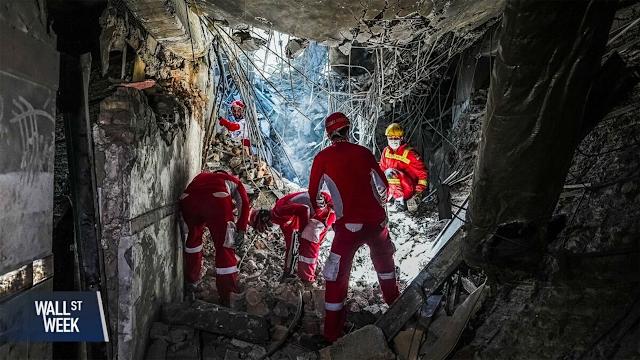
The Middle East Institute's Karen Young breaks down the dynamics between Israel and Iran and how extended conflict will economically affect other countries in the Middle East. Young believes that although Iran is "weakened," it still has the ability to "lash out." Former US Treasury Secretary Lawrence H. Summers explains why the war has had little effect on global markets.
The potential onset of an Israel-Iran conflict carries risks that could revert the economic landscape in global markets, threatening supply chains and disrupting international trade dynamics as nations position themselves for defense mobilization or sanctions.
The Israel-Iran conflict, should it escalate into a wider war in the region with multiple players involved as historic tendencies suggest risked dual curve of instability interrupting crucial trade routes and disrupting global supply chains -- thereby reshaping regional economic dynamics.
The anticipated Israel-Iran conflict possesses the potential to reshape global and regional economic landscapes, disrupting commodity markets through soaring energy prices as well anxiety in financial sectors led by significant shifts of capital flows.














